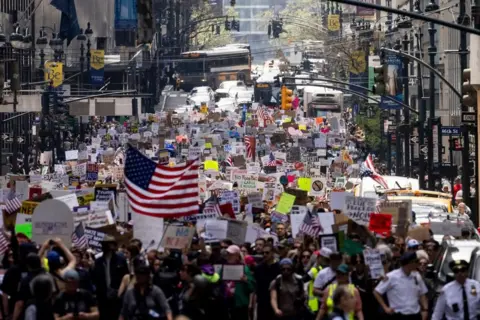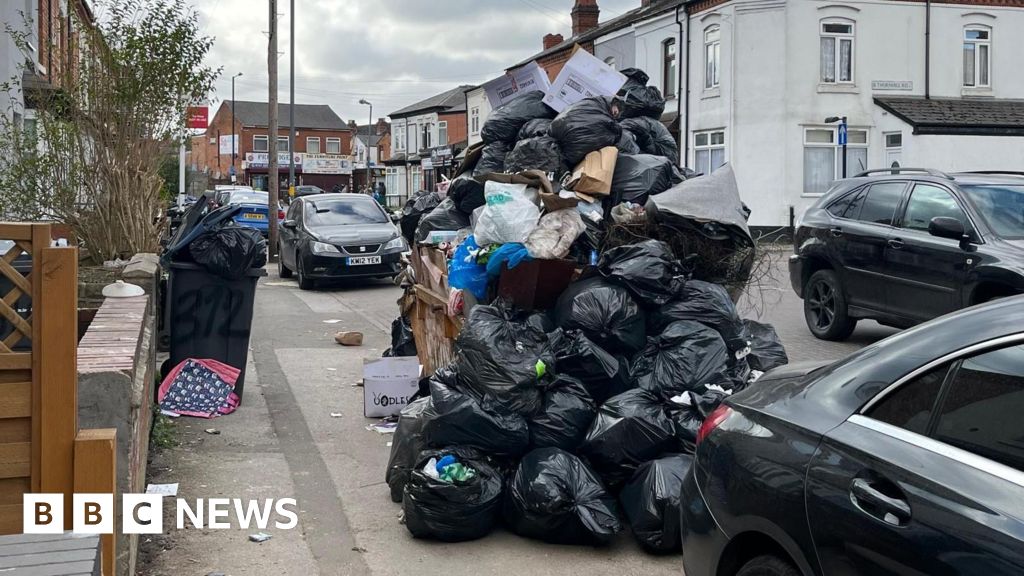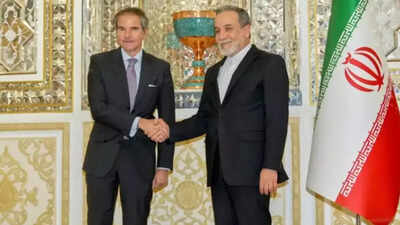Challenges Facing the Council of Europe: A Conversation with Secretary General Alain Berset

In recent weeks, Europe has witnessed a series of troubling events that have put significant pressure on the Council of Europe, the continent's largest and oldest intergovernmental organization, which counts 46 member states among its ranks. A crackdown on demonstrators in Turkey, the detention of Istanbul's mayor, and the suppression of pro-EU protests in Georgia are just a few examples highlighting the growing challenges to human rights and democratic values across the continent.
Alain Berset, who took office as Secretary General of the Council of Europe in September 2024, is at the forefront of addressing these issues. Before stepping into this pivotal role, Berset served as a minister in the Swiss government, where he garnered significant political experience. In an exclusive interview, he openly acknowledges the current obstacles facing the organization, stating, "We have some issues with member states. It is a bit more difficult maybe today than it was 15 years ago." He emphasizes the critical need for a strong fight against violence targeting women and girls, noting, It is unacceptable not to see a strong fight on violence against women and girls. We are seeing right now a kind of strange backsliding on those issues.
Berset reflects on the impact of recent political shifts, particularly Turkeys withdrawal from the Istanbul Convention, an international treaty designed to prevent violence against women. Despite these setbacks, he remains hopeful, highlighting that new countries are still joining the Council of Europe, illustrating that the development of human rights is not a straightforward journey. "So the development is never linear," Berset remarks, indicating that progress and regression often coexist.
Central to Berset's message is the unwavering commitment of member states to uphold the foundational principles of the Council of Europe, such as freedom of assembly, freedom of speech, and the nurturing of well-functioning democracies with diverse media landscapes. Addressing the challenges that the organization faces, he states, "We are facing huge challenges on our continent, and in the world in general, so it is quite logical that this has consequences for our organisation."
When asked about the measures in place to ensure compliance with the Council's norms, Berset points to the European Convention of Human Rights, which serves as a cornerstone of their activities. He acknowledges the role of the European Court of Human Rights, which adjudicates cases against states that violate human rights. Its not always easy, to be honest, but we have quite a high level of execution, he explains. Where violations occur, the Council engages in diplomatic dialogue with member states to seek solutions.
Berset has also asserted the Council of Europe's commitment to the establishment of a special tribunal aimed at addressing the crime of aggression in the ongoing conflict involving Ukraine. We do not want to live in a world where violence, destruction and impunity will prevail, he emphasizes. He outlines a three-pillar approach: establishing a core group of countries to support the tribunal, creating a register of damages, and forming a claims commission. Berset expresses optimism that if there is political will from member states, the organization can swiftly move forward with these initiatives.
However, Berset's focus on democratic ideals brings to light the pressing issue of disinformation and foreign interference, particularly in the context of rising populist movements across Europe. A recent ruling in France that temporarily barred far-right leader Marine Le Pen from running for office serves as a pertinent example. Berset notes, Being active in politics, being high in the opinion polls, never gives you the right not to respect the law. The opposite should be true. He stresses that there are expectations of greater accountability for politicians, insisting that no one is above the law, which is essential for the health of democracies.
The interview, conducted by Oihana Almandoz, Luke Brown, Perrine Desplats, and Isabelle Romero, sheds light on the pressing issues the Council of Europe faces under Berset's leadership and the ongoing efforts to safeguard human rights and uphold democratic values across the continent.

























